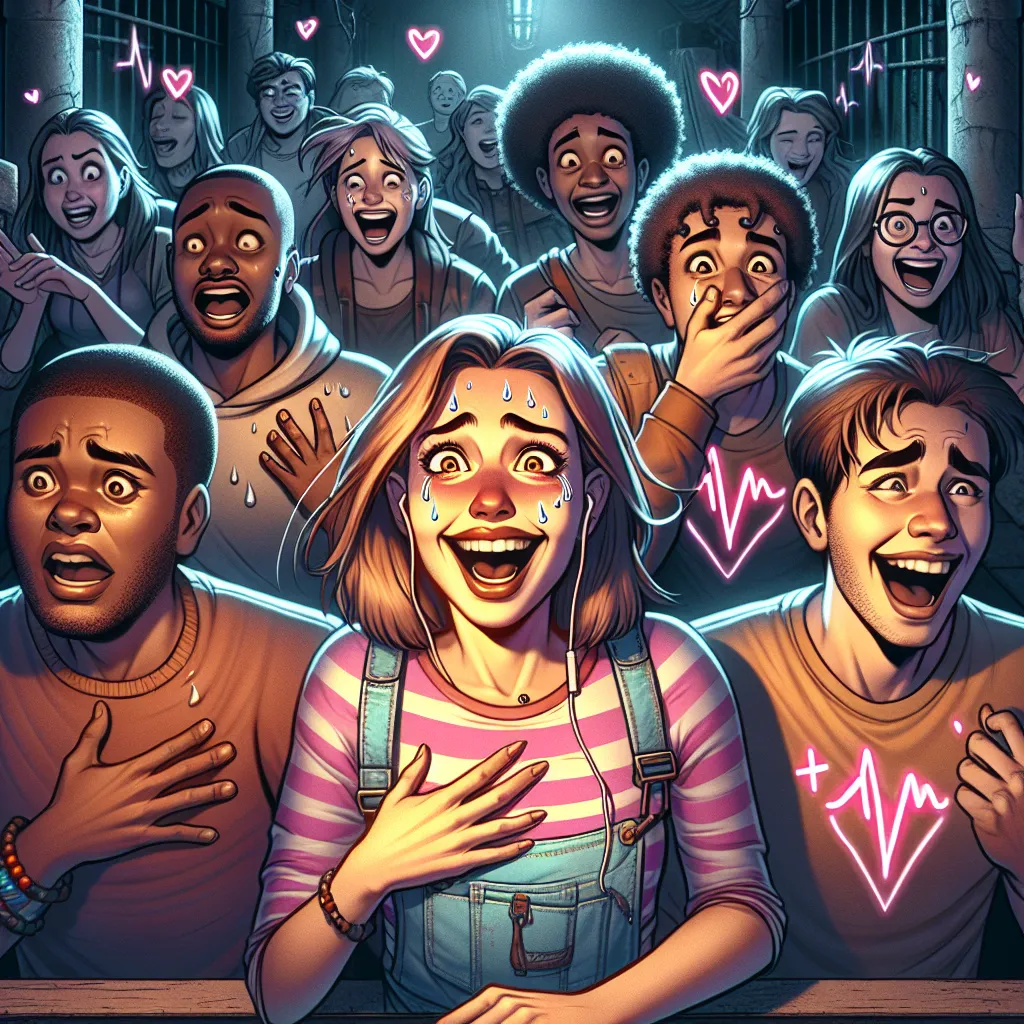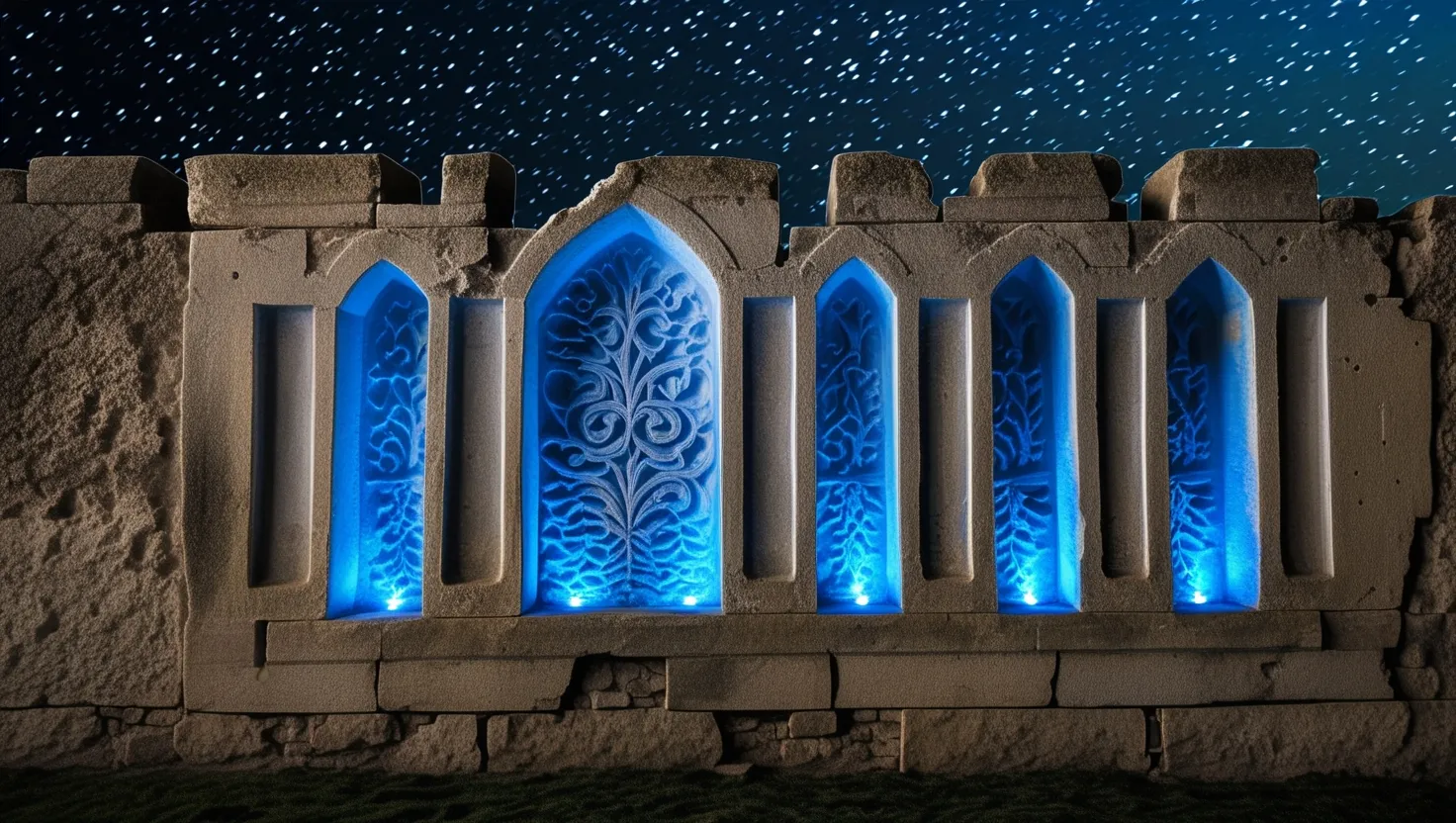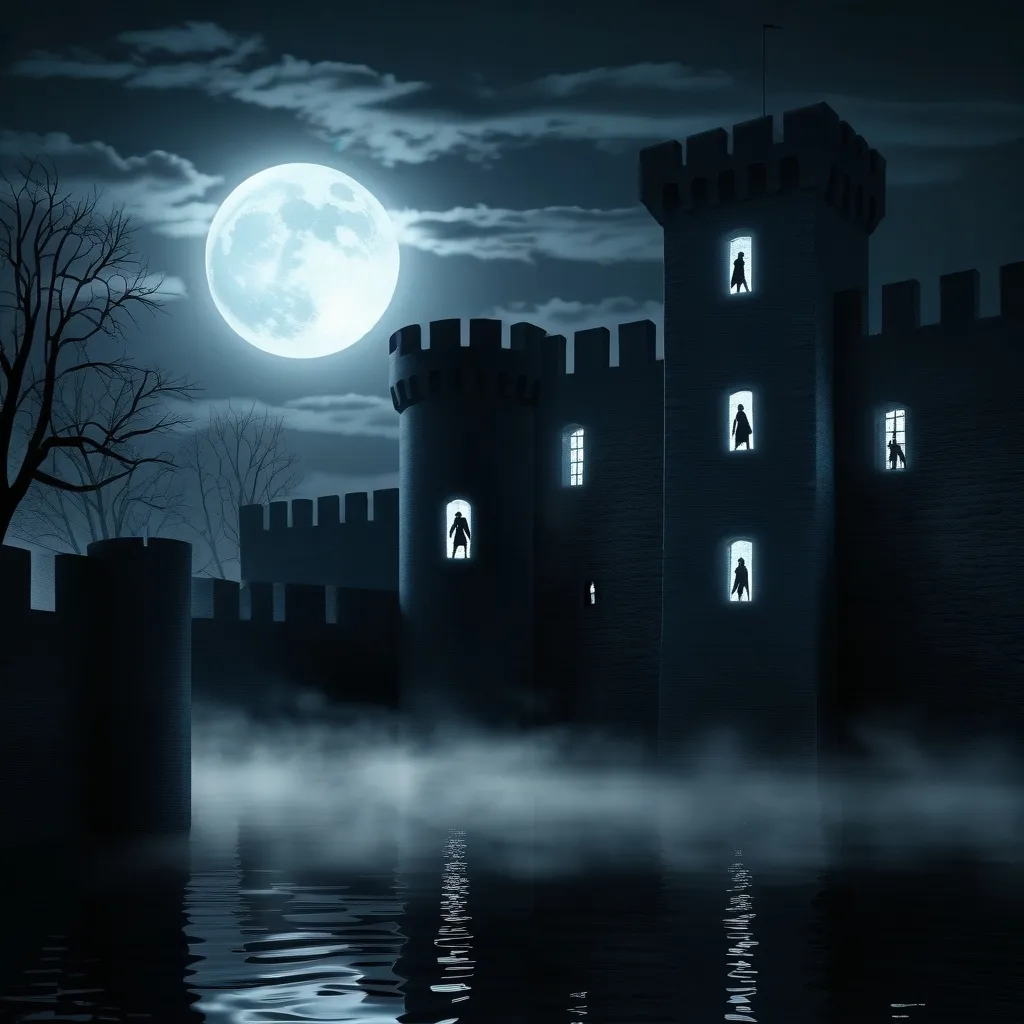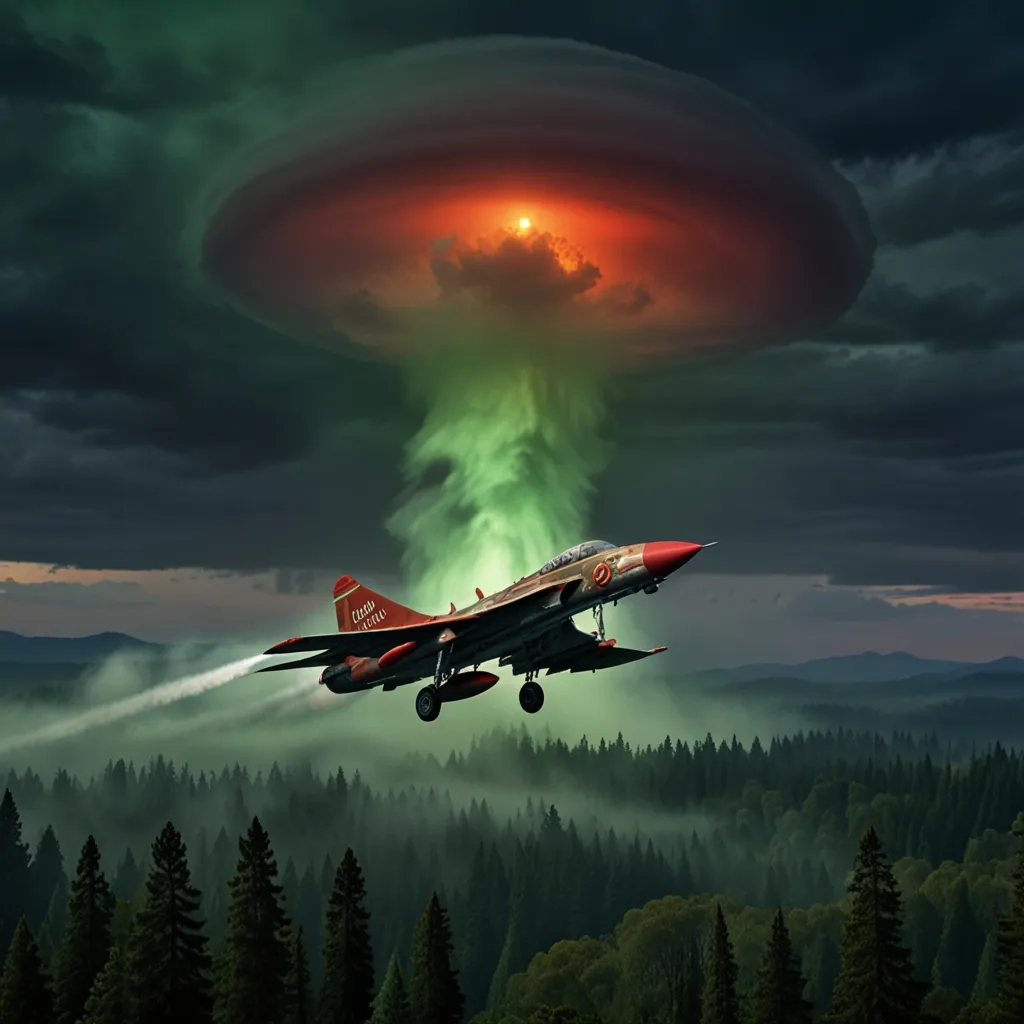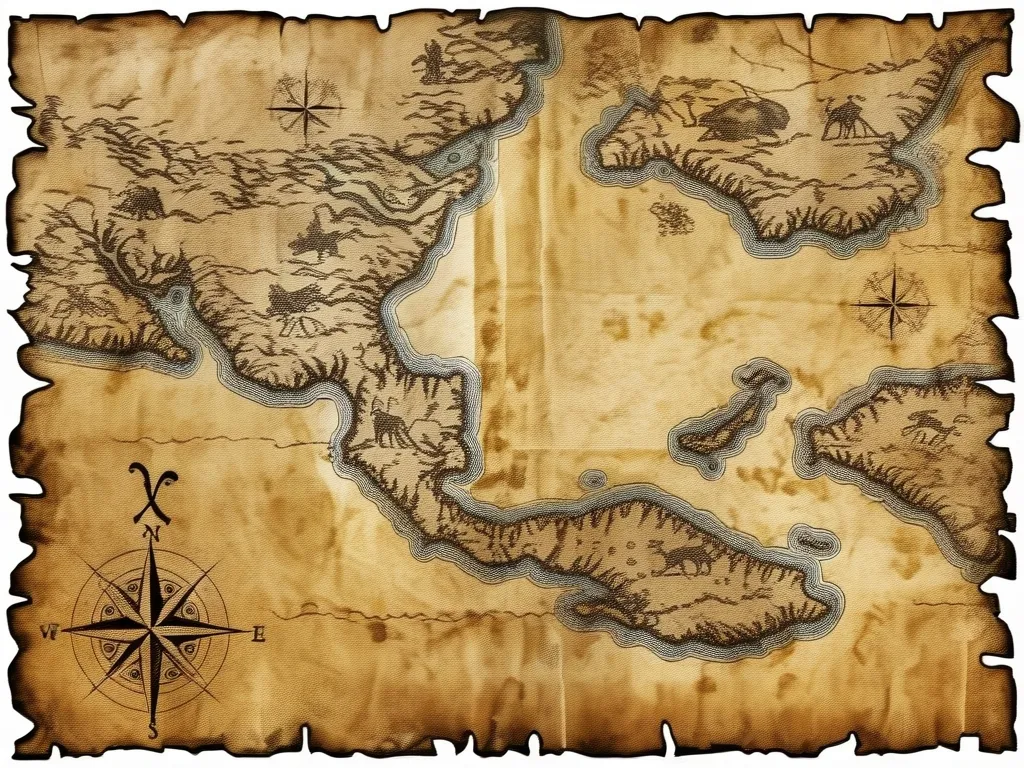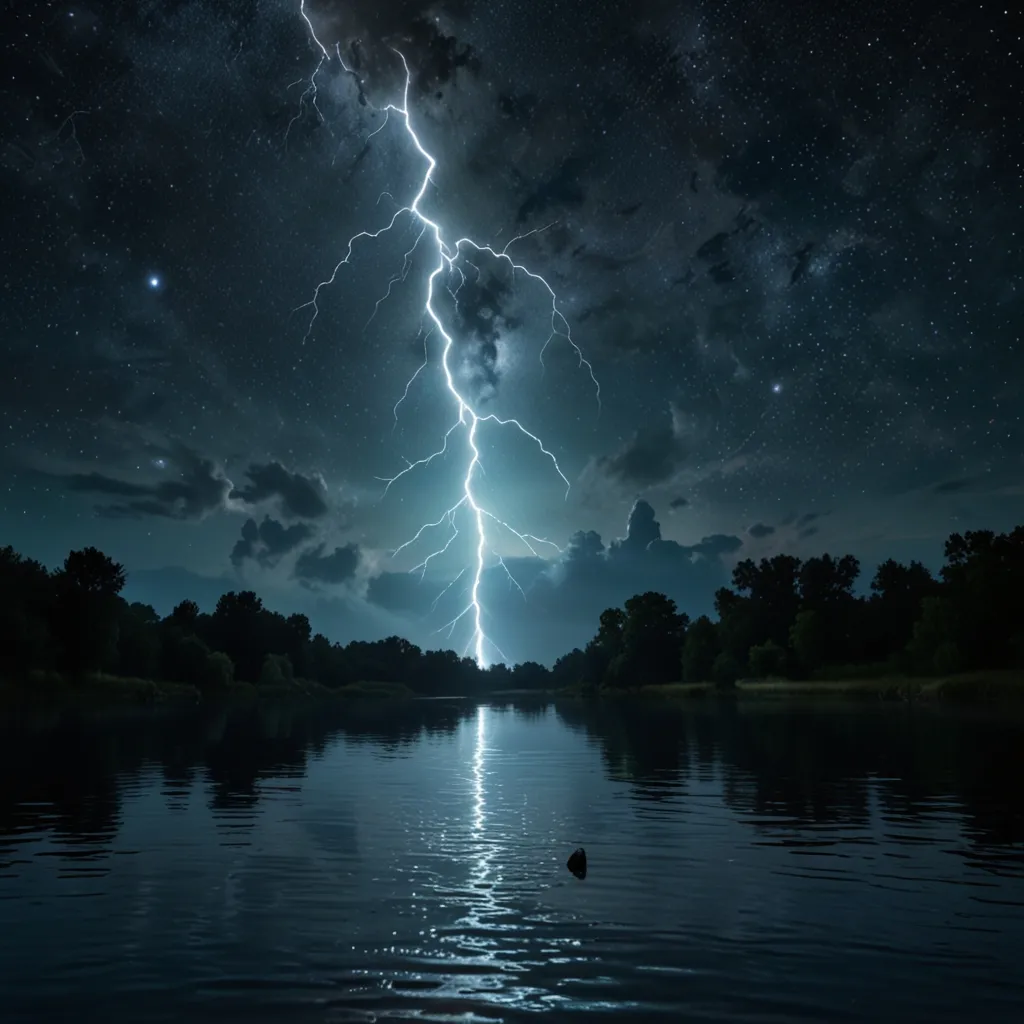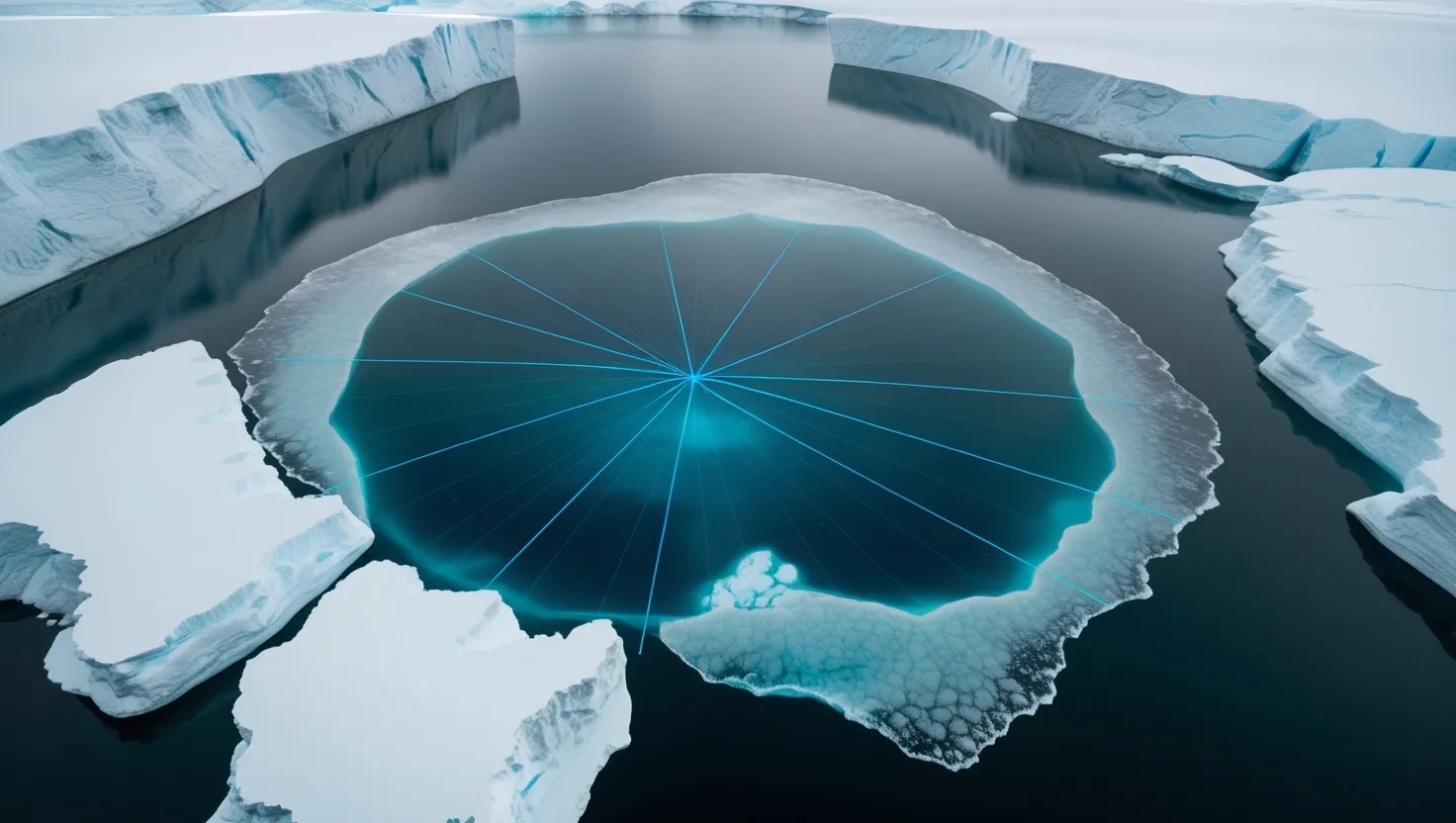Humans are naturally weird; we experience fear toward ghosts, monsters, snakes, and spiders, both real and imagined. It’s pretty normal and actually healthy. But here’s the twist: we also love to intentionally scare ourselves. Ever wondered why being frightened can be so fun?
Fear has a whole science behind it. Essentially, it’s an emotion triggered by a sense of danger, real or imaginary. Think sweaty palms, a racing heart, and dilated pupils. According to the Oxford English Dictionary, fear is the feeling of impending danger or potential evil.
Everyone has their own unique set of fears, influenced by personality and life experiences. While some fears are rational, others aren’t — I mean, why isn’t everyone terrified of clowns?
So why do some of us enjoy being scared? Psychologists and neuroscientists have given it some thought. One reason is the ‘safety net’ concept. When we know there’s no real danger, like in a haunted house or horror movie, our brains allow us to enjoy the thrill.
A part of the fun comes from the biochemical rush we get when scared. It’s like our brain’s chemical party, releasing adrenaline, endorphins, and dopamine. Ever notice how you laugh after jumping or screaming? That’s your body’s way of feeling euphoria and relief.
There’s also the satisfaction angle. Achieving something scary can make you feel powerful and accomplished, like winning a tough video game level or skydiving. That rush of dopamine tells our brain we can conquer our fears, making us feel on top of the world.
Doing these frightening activities with friends or family adds another layer. Shared scary experiences can bond people, creating stronger memories and feelings of closeness. Ever notice the hugs and high-fives after a scary ride? That’s because everyone’s sharing heightened emotions, leading to a burst of oxytocin and feeling more connected.
Humans are naturally curious about the unknown, from true crime to zombies to aliens. Our daily lives can be pretty predictable, so a scary movie or game disrupts our routine, adding an element of surprise and excitement.
Not everyone enjoys being scared, though. Our brains process fear and anxiety differently, and our life experiences shape how we perceive fear. People who love horror might have a different brain chemistry or fewer dopamine receptors, making them crave that rush even more.
Whether you enjoy being scared comes down to your unique brain wiring and life experiences. But fear is as natural as breathing. Understanding it can help you face your fears, and every once in a while, it doesn’t hurt to step out of your comfort zone and get a good scare.
Thanks for hanging out with us today. Remember, fear is part of what makes us human. So go ahead, get a little scared, and find out what you’re made of.
